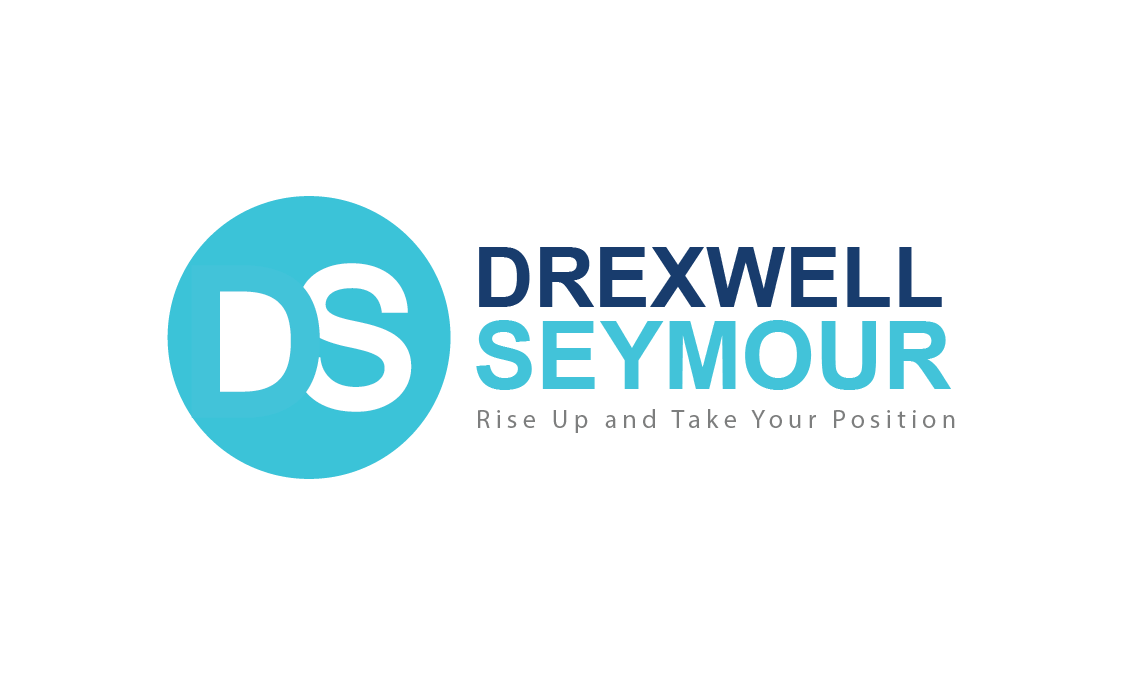It is better than many private insurance plans.
.
Introduction
The National Health Insurance Program (NHIP) was introduced in the Turks and Caicos Islands in 2009. For the private sector, the current rate is 6% whereby the employee pays 3% and the employer pays 3%. The rate is charged on a maximum monthly amount of $7,800. Therefore, if you are making more than $7,800 a month, you will only pay a maximum of $7,800.
There are a lot of complaints about the NHIP and while some of these complaints may be valid, in my opinion, the NHIP is a very generous program. Not many countries in the world have a national health program. In fact, most of the doctors and nurses who have migrated to TCI cannot believe such a generous program exists.
The Plan covers pre-existing conditions.
As the name implies, a pre-existing condition is a condition that you had prior to enrolling in a health plan. For example, I had private insurance when I was employed by Cable and Wireless. After my departure from Cable and Wireless, I didn’t continue with the private insurance. Later, I was diagnosed with kidney failure, and I tried to get private insurance. I was honest on the application that I had a kidney issue and was denied private insurance as it was considered a preexisting condition, and it was risky for the insurance company.
However, with the National Health Insurance program, once you are enrolled in the program, NHIP will not deny you and will cover the costs for your pre-existing condition.
No cap on the cost
I don’t know if anything has changed but as far as I know, there is no cap on the cost of your condition. Your condition can cost millions of dollars and NHIP will cover that cost. If you have private insurance, there is a cap on your cost and a cap on your benefits. This is not the case with NHIP.
There is no deductibility.
Under a private insurance plan, you have a deductible amount. When you have an issue, before the insurance company pays for your bill, you must first cover your deductible amount. This is done on an annual basis.
Under the NHIP plan, a deductible does not exist. When you first join the plan, you must contribute 6 months or more. NHIP does not have any restrictions on the cost of your medical treatment.
NHIP pays for travel costs and provides subsistence.
I am not an expert in private insurance but based on the knowledge I have, unless there is an emergency where an air ambulance is provided for you, however on regular scheduled trips or even trips for a medical treatment that is not an emergency, the private insurance does not pay for your air fare nor do they pay the air fare of someone to accompany you if it is recommended by a doctor. Well with NHIP, NHIP will make travel arrangements for their clients and if the doctor recommends that the patient must be accompanied by someone, NHIP will also cover their travel cost.
NHIP will not only cover the travel cost but will provide a per diem subsidy. While many may complain about the amount they get, you cannot get this with private insurance.
The cost to the preferred provider is only $10.
The Government has spent a significant amount on these two hospitals in the Turks and Caicos and so these two hospitals are NHIP preferred providers. Therefore, you are encouraged to use these providers and only pay $10 for each visit. Private insurance companies also have a lis of preferred providers.
However, if you chose not to use the preferred provider and you decide to use a private medical facility, and that medical facility is enrolled with the NHIP plan, NHIP will pay that private medical facility $35 per visit that you made.
NHIP will pay for oversea medical treatment.
To get treatment abroad, it means that you cannot get the treatment locally at the Cheshire Hall Medical Center and Cockburn Town Medical center. However, they must make a recommendation to the NHIP that you need to go overseas for medical treatment.
NHIP will then make the arrangements with a medical facility either in Dominican Republic, Columbia, Jamaica, Bahamas, or Cayman Islands and sometimes Florida.
NHIP pays for overseas medical treatment for non-citizens.
The plan covers all residents in the country that are registered with NHIP. For example, you can be a citizen of another country and get sick, NHIP will pay for you to go overseas even if it is your home country. While some countries do not have a National Health Plan, some countries do take care of their citizens and so some of these citizens can enjoy the benefits of NHIP and the benefits of their home country.
NHIP covers the cost of pharmaceuticals.
I am not aware of any private insurance that covers the cost of pharmaceuticals. Well with NHIP, NHIP will cover the extra cost of pharmaceuticals that exceed $25. For example, if your pharmaceutical costs $50, NHIP will pay an extra $25.
Conclusion
I really think the benefits of NHIP should be reviewed as they are too generous and costly. I don’t have access to the newly pass budget but in the 2023/24, $16.3m was spent on overseas medical treatment, $35.1m was spent to Interhealth Canada for clinical services, $4.7m on pharmaceuticals, $4.2m on overseas travel, $2.2m on local providers, $995k on overseas subsistence and $1.3 on local travel and subsistence.
It should also be noted that the contributions that NHIP collects from the private sector, self-employed and Government are inadequate to cover the cost of health care expenditure, so the Government provides a subvention to NHIP for $35m.
Sometimes NHIP gets blamed for a lot of medical issues, but NHIP is like a middleman working on behalf of TCIG based on instructions from the preferred provider (Interhealth Canada). NHIP will not send you abroad unless it is recommended by the preferred provider.

